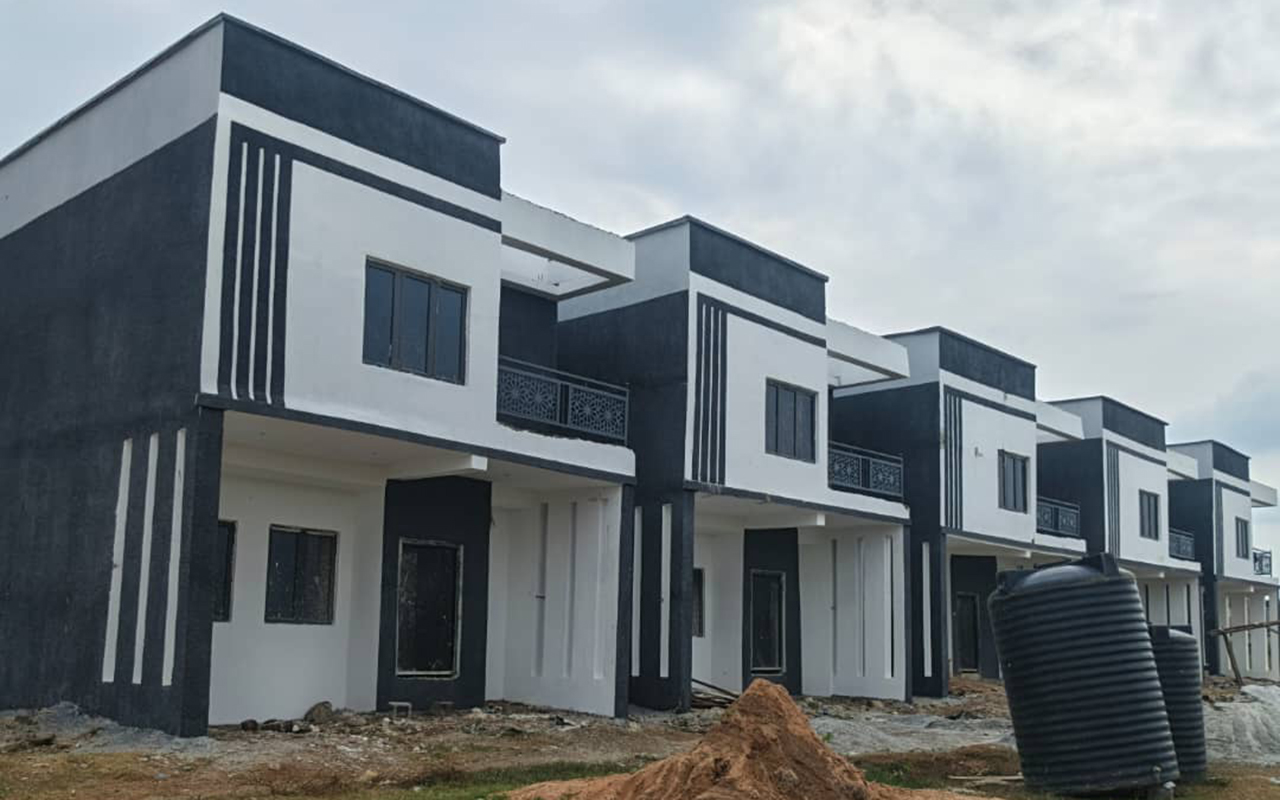
A retired professor of Urban and Regional Planning, Tunde Agbola, has reiterated the need for planning administrators to adopt transparent, and strategic approaches that consider the complexities of the urban landscape and socio-political dynamics.
He advised planners to adopt a more proactive and strategic stance, and move away from short-term thinking and reactive approach, which are often insufficient when it comes to planning human settlements for sustainable growth, and in times of economic uncertainty.
Agbola, who lectured at the faculty of environmental design and management, University of Ibadan, made the call at the yearly general meeting lecture of the Nigerian Institute of Town Planners (NITP), Lagos State chapter.
He said planners are not immune to economic hardship, the cost of living crisis that led to multi-dimensional poverty, and charged practitioners to engage in strategic foresight, as well as old actions that can foster resilient, and adaptable urban environments.
He also urged them to take on more entrepreneurial roles, engaging in inter-organisational collaboration as essential for pooling resources and managing complexities.
According to him, planners can act as strategic connectors and coordinators of efforts across multiple agencies. He said the persistence of petty corruption in urban governance has been fuelled by underfunded bureaucracies and privatisation, which complicates the effectiveness of planning administration.
Agbola said: “Planners have to contend with short-term pressures driven by economic uncertainties and long-term sustainability goals. The rise of ambitious urban visions modeled after global cities are often not in tandem with the informality and poverty that characterise many African cities.
“This results in a disconnect between state ambitions and local realities. In this challenging time, planners are tasked not only with navigating the technical aspects of urban development but also with confronting ethical dilemmas brought on by economic strain.
Outgoing Chairman, NITP Lagos chapter, Omotayo Awomosu, urged the state government to tackle rising homelessness in the state through robust policies. He said the government should prepare local plans for communities to halt disorderliness.
Awomosu said the state is experiencing a housing crisis in the forms of a shortage of housing, high rents and rising homelessness. He suggested the adoption of robust policies to address the mounting problems in the housing sector.
He called for the direct construction of low-income housing to significantly increase the available housing stock and relieve pressure on the housing market. He explained that for effective physical development, it is essential that all communities should be covered by local plans.
The institute commended the ongoing amnesty policy of the government that allows built developers to apply for and obtain permits without paying the usual penalties. “We think this policy will do the State a lot of good and therefore call on the government to address the huge cost associated with processing of development permits and other documents in the construction sector. This is necessary given the current housing crisis.”
Awomosu lamented the widespread non-compliance with planning laws and regulations and the violations of operative development plans by the government, developers, communities and individuals across the state. This, he said, has produced intolerable chaos in the environment.
On his part, the President, Association of Town Planning Consultants of Nigeria (ATOPCON), Adebisi Adedire, appealed to the government to ensure price control of building materials to increase housing supply. He also urged the Lagos State government to reduce the cost of obtaining planning permits.
He lamented that other agencies besides the statutory ones are now charging fees on structures in the state, stressing that government charges are excessive on planning permits. According to him, the situation will make people to evade obtaining planning permits, and give rise to illegal developments in Lagos.
Adedire observed that inflation rates fluctuation, and shifts in policies pose a significant challenge not only to planners but to every sector of the economy. However, he said, these challenges also provide an opportunity for planners, as professionals in town planning, to be more innovative, strategic, and solutions-oriented in the way they administer and implement planning policies.
He said: “As town planners, we play a critical role in shaping the built environment and ensuring that our cities and communities are well-structured and resilient, particularly during periods of economic adversity.
“Now, more than ever, we must rethink traditional planning methods, explore public-private partnerships, leverage technology, and advocate for policies that foster resilience in the face of economic uncertainty. The Land Use Planning and Analysis Report, which has now become an important part of planning administration in Lagos, is evidence of what can be achieved when we combine professional expertise.”






